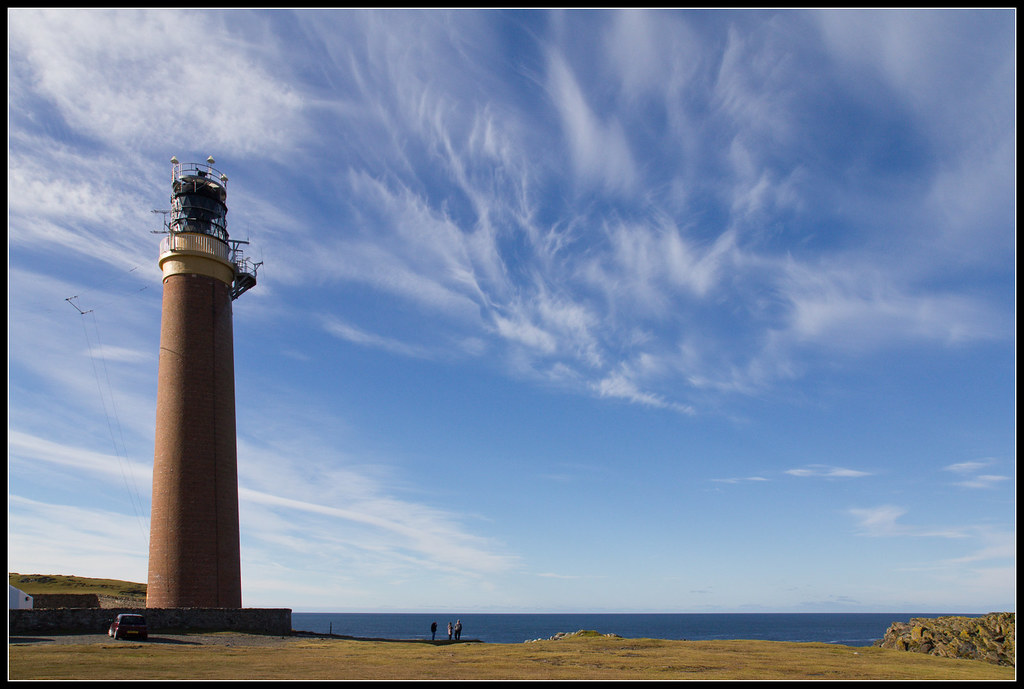My annual long relaxing August weekend in Wisconsin came to an end. I can’t think of any place I’d rather pass the time for a few days than Wisconsin — in the summer. Many people who come to this part of the country end up in Wisconsin Dells. I never thought much about the definition of a dell although for some reason I began to wonder recently. It had to be some kind of rural feature like a hilly field or something. Rather than assume, I went ahead and checked the actual dictionary definition.
Merriam-Webster defined dell as “a secluded hollow or small valley usually covered with trees or turf.“
Next, of course, I wondered where it came from so I turned to the Online Etymology Dictionary.
“Old English dell ‘dell, hollow, dale’ (perhaps lost and then borrowed in Middle English from cognate Middle Dutch/Middle Low German delle), from Proto-Germanic daljo (source also of German Delle ‘dent, depression,’ Gothic ib-dalja ‘slope of a mountain’)”
Wisconsin Dells

So how about those Wisconsin Dells (map)? They formed rather recently in geological terms. Glaciers hundreds of feet thick extended far into North America during the last Ice Age although they bypassed an area near its southern extreme, in present day Wisconsin and Minnesota.
This became the Driftless Area and it looked considerably different than surrounding terrain because of it. A huge lake formed as the ice began to melt around 15,000 years ago, dammed by a glacier. When the glacier inevitably burst, the lake drained in a single massive flood, cutting a gorge through solid rock along the banks of the Wisconsin River. People of European descent who moved into the area in the modern era named this featured the Wisconsin Dells.
Dell City, Texas

I discovered many different towns and villages bearing the Dell designation or variations throughout the United States (e.g., Dell Junction, Dell Rapids, Hazel Dell). Dell City in Texas seemed particularly interesting (map) because of its origin.
It didn’t exist until around 1949 when someone discovered a large underground reservoir. Farmers pumped water from this subterranean source to irrigate their fields and a town formed around it. Distinctive green circles resulting from center pivot irrigation appeared all around town, still visible in satellite photos today. According to the Texas State Historical Association’s Handbook of Texas, Dell City thrived for awhile and grew to nearly a thousand residents, before declining to about four hundred by the year 2000.
Its etymology fascinated me, if true. Texas Escapes tracked down the story and reported,
“When we asked who Mr. Dell might have been, Mr. Lutrick asked if we were familiar with the nursery song “The Farmer in the Dell’. There was no Mr. Dell – it’s Dell as in ‘a small, secluded, usually forested valley.’ Just forget the part about the forest.”
I think many of us remembered this singing nursery rhyme during our childhoods:
The farmer in the dell
The farmer in the dell
Hi-ho the derry-o
The farmer in the dell
However one of the comments posted on that article claimed that Dell City was named for an early resident, Ardell (Dell) Donathan. We may never know the truth. I’d bet on the comment although I’d hope for the nursery rhyme.
North Dell / South Dell, Scotland

Places named for dells likely existed throughout the world although I didn’t check extensively, halting my search after finding North and South Dell in Scotland (map). They formed adjacent to each other, separated by the Dell River on the Isle of Lewis, in the Outer Hebrides.
Little information existed although the Galson Estate Trust featured brief entries for both North Dell and South Dell. Many local residents spoke Gaelic as a primary or secondary language, calling the towns Dail bho Tuath (north) and Dail bho Dheas (south). The Butt of Lewis — the northernmost point on the isle — sat nearby with its impressive lighthouse.
The Dalles

Oregon had The Dalles (map). The Historic The Dalles website described the situation.
“‘The Dalles’ rhymes with ‘pals’, and ‘gals’ and doesn’t rhyme with much of anything else. And yes, ‘The’ is part of our name. File us under the letter ‘T’. The ‘dalles’ was a reference to a series of treacherous rapids once located just upriver from where the community is today. The French speaking Hudson’s Bay Company fur traders and mountain men of the 1800s used the term to describe areas where river water was constricted by rock channels.”
Despite the dictionary definition, not every dell featured either forest or field although they all included a gorge or a valley.

Leave a Reply